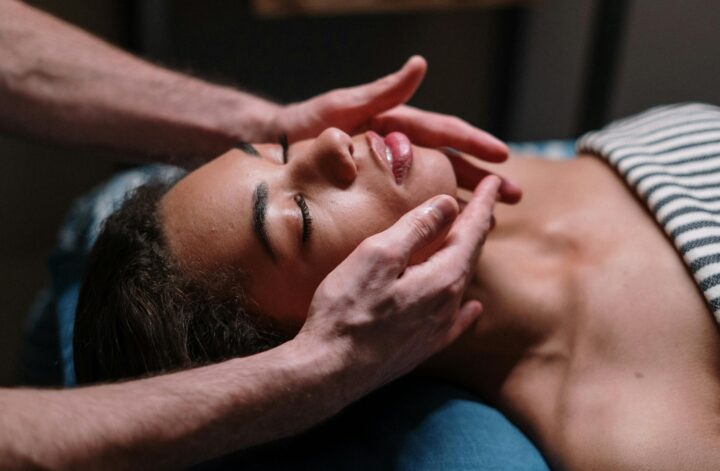Recovering from an injury is not just about physical therapy and medications; it’s also about giving your body the time and conditions it needs to heal effectively. One of the most crucial yet often overlooked aspects of recovery is rest and sleep. Here, we explore why rest and sleep are paramount in the healing process and how you can optimize these factors to aid in your recovery.
Understanding the Healing Process
When you sustain an injury, whether it’s a sprain, fracture, or muscle tear, your body immediately begins a complex process of repair and regeneration. This process involves inflammation, tissue rebuilding, and eventually remodeling of the injured area. Proper rest and sleep play integral roles in each stage of this healing journey.
1. Reduction of Inflammation
Inflammation is a natural response to injury, serving to protect and repair damaged tissue. However, chronic inflammation can delay healing and contribute to prolonged pain. Adequate rest helps regulate inflammatory processes, allowing the body to manage inflammation more effectively.
2. Cellular Repair and Regeneration
During sleep, especially during deep sleep stages, the body releases growth hormones that promote tissue repair and regeneration. This is essential for rebuilding damaged tissues, such as muscles, tendons, and ligaments. Continuous sleep disruptions or inadequate sleep can hinder this repair process.
3. Muscle Recovery and Adaptation
Rest is crucial for muscle recovery and adaptation, particularly after intense physical therapy or rehabilitation exercises. Muscles need time to repair microscopic tears and rebuild glycogen stores. Without sufficient rest, muscles may remain fatigued and prone to further injury.
4. Immune Function Support
Sleep is closely linked to immune function. During sleep, the body produces cytokines, a type of protein that targets infection and inflammation, promoting effective immune response. This is vital for combating potential infections at the site of injury and supporting overall recovery.
5. Pain Management
Quality sleep plays a significant role in pain management. Sleep deprivation can lower the pain threshold and increase sensitivity to pain, making it more challenging to manage discomfort from the injury. Adequate rest helps reduce pain perception and improves pain tolerance.
Tips for Optimizing Rest and Sleep During Recovery
Now that we understand the importance of rest and sleep in healing from injuries, here are some practical tips to help you optimize these factors:
Establish a Consistent Sleep Schedule: Go to bed and wake up at the same time every day, even on weekends, to regulate your body’s internal clock.
Create a Restful Sleep Environment: Make your bedroom conducive to sleep by keeping it cool, dark, and quiet. Invest in a comfortable mattress and pillows that support proper spinal alignment.
Practice Relaxation Techniques: Engage in relaxation techniques before bed, such as deep breathing, progressive muscle relaxation, or meditation, to calm your mind and body.
Limit Stimulants and Electronics: Avoid caffeine and electronic devices close to bedtime, as they can interfere with your ability to fall asleep and stay asleep.
Stay Active During the Day: Engage in light physical activity during the day, as it can promote better sleep quality. However, avoid vigorous exercise close to bedtime.
Seek Professional Help if Needed: If you’re experiencing persistent sleep disturbances or insomnia, consult with a healthcare provider. They can address underlying issues and recommend appropriate treatments.
Conclusion
Rest and sleep are not luxuries during injury recovery; they are essential components of the healing process. By prioritizing adequate rest and optimizing your sleep environment, you can support your body’s natural ability to heal, reduce recovery time, and improve overall outcomes. Remember, healing is a holistic journey that requires patience and proper care. By nurturing your body with restorative sleep, you’re giving yourself the best chance to recover fully and return to an active, healthy lifestyle.




